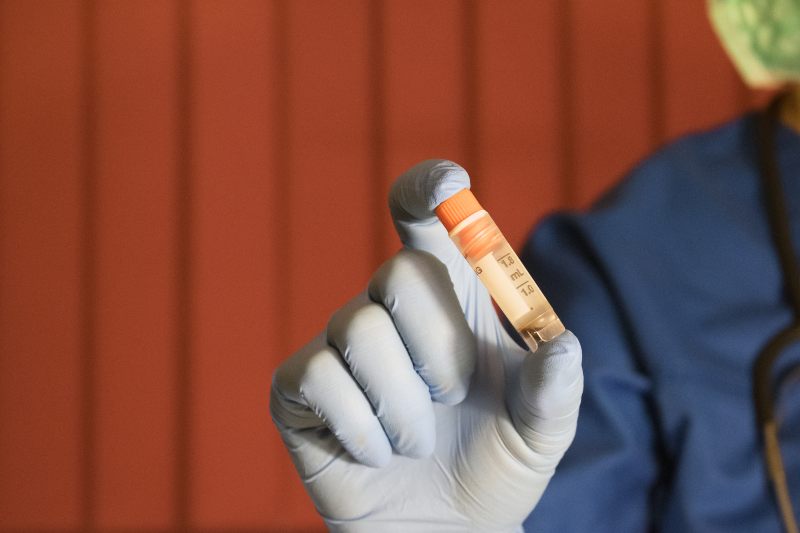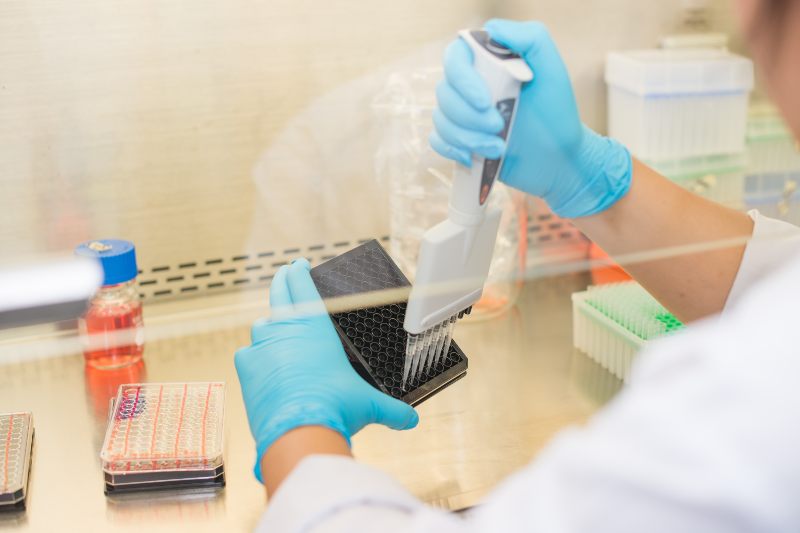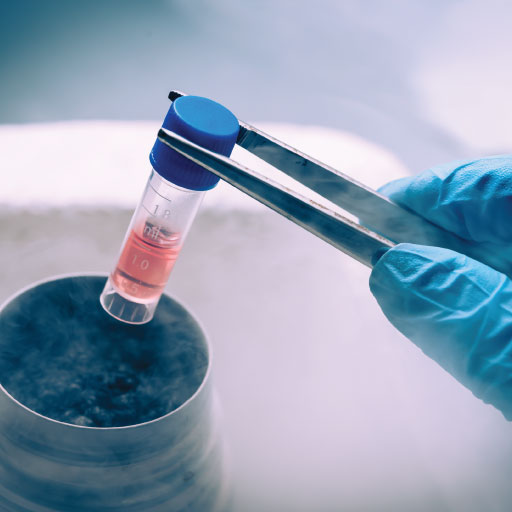All humans start out as one cell and it keeps on multiplying. Cells perform specific functions in a part of the body. This is called differentiation. However, stem cells are undifferentiated or blank cells as they do not have any specialised physiological properties. They can develop into specific cells that serve specific functions in different parts of the body, as and when required.
Here’s What You Need to Know About Stem Cells:
What are Stem Cells?
Stem cells are the body’s natural reservoir. They can replenish stocks of specialised cells that have been damaged. These new cells are important for your body to function properly. Some cells, such as blood and muscle cells are unable to replicate through cell division. This is where stem cells take their place.

Stem cells have self-renewal as a unique defining property. They can produce both copies of themselves as well as other specialised cell types every time they divide.
Uses of Stem Cells
Scientists have discovered many uses of stem cells.
Tissue regeneration
One of the most important uses of stem cells is tissue generation. Doctors have used stem cells from just beneath the skin surface in cases of severe burns or injuries by grafting this tissue onto the damaged skin. Similarly, by instructing stem cells to differentiate in a certain way, scientists can use them to grow a specific tissue type or organ.
Brain disease treatment
Damage in brain cells causes uncontrolled muscle movement leading to Parkinson’s. Scientists have witnessed promising results with respect to stem cells being used as replacement cells to treat brain diseases, such as Parkinson’s and Alzheimer’s.
Blood disease treatment
To treat diseases such as leukaemia, sickle cell anaemia and other immunodeficiency diseases, doctors use hematopoietic stem cells. These cells occur in blood and bone marrow, and can produce all blood cells, including red blood cells that carry oxygen and white blood cells that help fight diseases.
Cell deficiency therapy
In future, stem cells can also develop healthy heart cells in a laboratory which can be transplanted into people diagnosed with heart diseases. Similarly, people with type 1 diabetes can receive pancreatic cells to replace the insulin-producing cells.
Research on Stem Cells
Stem cells are also useful for research purposes.
Critical medical conditions like cancer and birth defects are caused due to abnormal cell division and differentiation. The main goal of stem cell research is to provide a better understanding of the genetic and molecular controls of these processes and yield information about how such diseases arise and how they can be treated. Stem cells can also help in developing new medications that can be tried on tissues grown from stem cells instead of testing them on animals or human volunteers.

Stem cell transplants, also known as bone marrow transplants, have already been carried out. Other medical conditions that can be treated are retinal disease, hearing loss, Huntington’s disease, and stroke.
Visit the Activ Health Platinum – Enhanced Plan that covers stem cell therapy. Get to know more about nutrition and fitness on the Activ Living Blog.





 1800-270-7000
1800-270-7000











